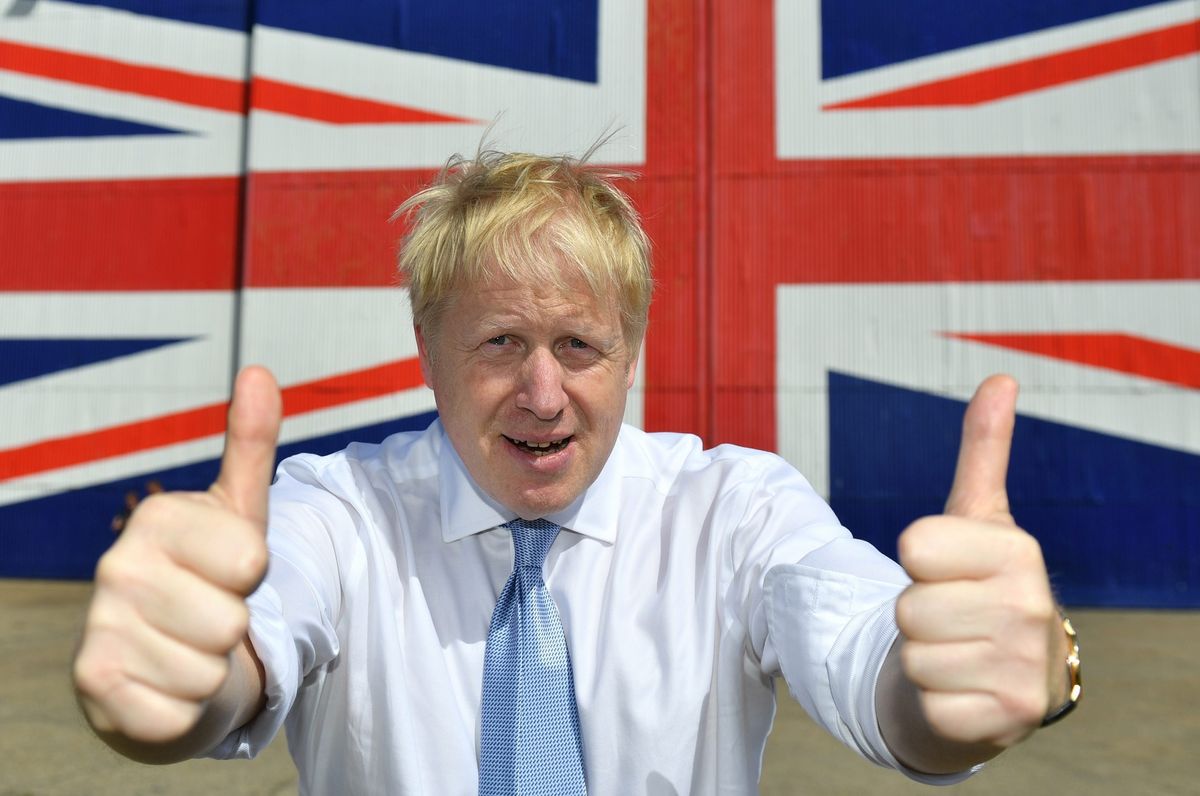UK in no hurry to rush into post-Brexit EU trade deal

A few minutes every morning is all you need.
Stay up to date on the world's Headlines and Human Stories. It's fun, it's factual, it's fluff-free.
On January 31, 2020, the United Kingdom left the European Union bloc after several years of negotiations, pushbacks and controversy.
With many long-standing agreements no longer valid, it is now up to UK leaders to negotiate new deals on a variety of issues – including trade. However, UK Prime Minister Boris Johnson has been adamant that any future deals wouldn’t be agreed to lightly. Addressing business leaders and international diplomats in London on Monday, February 3, Johnson insisted that “[the UK] want[s] a free trade agreement,” but not at any cost. “I see no need to bind ourselves to an agreement with the EU,” Johnson added.
Sovereignty a priority
The European Union is willing to come to terms with the United Kingdom over a new trade deal, but it doesn’t want to capitulate to a nation that just left the bloc – the first to leave in the EU’s history.
Despite Johnson’s tough stance, EU negotiators are clear they will not give the United Kingdom access to their market without playing by their rules. This means adhering to a “level playing field” that includes basic environmental standards and labor regulations. Regulations, however, were perceived as unfair and was one of the main critiques many Britons had concerning the country’s EU membership. Leaders are therefore poised to change the narrative.
After Brexit, Dominic Raab, the United Kingdom’s foreign minister struck a hard tone, but kept some wriggle room for negotiations. “We are taking back control of our laws, so we are not going to have high alignment with the EU, legislative alignment with their rules. But we’ll want to cooperate and we expect the EU to follow through on their commitment to a Canada-style free trade agreement,” he said. Canada’s trade deal with the EU, the Comprehensive Economic and Trade Agreement (CETA), provisionally came into force in 2017, in which many tariffs are waived on cross-border trade. Some UK negotiators see this as a way forward for their deal.
Moving forward
Official trade negotiations between the United Kingdom and European Union are expected to start in March. The negotiations, however, are expected to last for some time.
Even with the United Kingdom officially out of the European Union, an 11-month transition period is underway. To ensure a smooth transition, this means that the United Kingdom will remain part of the European Union’s customs and single-market bloc until December 31, 2020. If all goes well, a new trade deal could go into effect after the transition period ends, but there is no guarantee that both sides will agree on terms.
[article_ad]




Comments ()